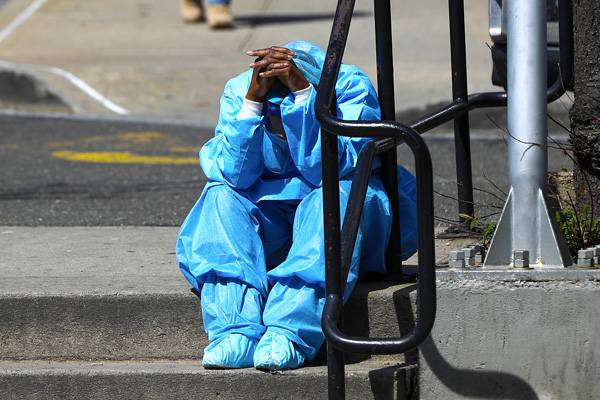WATCH – ‘A VERY TRYING TIME’ –
Oct. 20, 2021 – There’s growing burnout among social workers and front-line outreach workers in the region as the COVID-19 pandemic and the opioid epidemic continue to take a toll.
“It’s a very trying time for many people,” said Ruth Cameron, executive director of the AIDS Committee of Cambridge, Kitchener, Waterloo and Area (ACCKWA).
Over the past year and a half, the number of overdoses and overdose-related deaths has skyrocketed.
“When you have to try to reverse an overdose, who is not just a client to you, is not just a number, but someone you know, it’s going to have an impact,” Cameron said. Those on the front lines said they build trust and friendships with the people they help, making the losses traumatic.”The weight of that and the grief of that is on the shoulders of the helping professions,” said Rachelle Deveraux, chief executive officer of the Guelph Community Health Centre. A limited amount of data has been collected on the number of staff experiencing burnout and leaving the industry, but many say the problem is real and could lead to very real consequences.
“The inability to sleep, shifts in mood, inability to get out of bed,” Deveraux said. “It leads to the inability to get people care in good time and meet their demands.” When it comes to solutions, those in the sector say self-care is paramount.
“Really enabling space for staff to take care of themselves, giving staff more ability to take time off,” Deveraux said.
She’s also calling for increased mental health supports and paid sick leave in a sector exposed to emotional trauma.
“Those things will act as protection to keeping our staff well and keeping them in the workforce,” Deveraux said.
“The reservoir is only so big, regardless of the care work you do there is going to be a toll,” Cameron said.



